Geotextile membranes are essentially specialized fabrics designed to be placed within the ground to provide a protective layer. They serve multiple purposes across various industries, from landscaping to construction, and are most frequently seen in drainage and engineering projects. Often referred to as “Terram,†which is a brand known for producing these membranes, they are also commonly called geotextiles, much like how some people refer to vacuum cleaners as “Hoovers.† One of the most common uses of geotextile membranes is in drainage projects, including land drains and soakaways. These membranes are often laid inside the land drain holes or soakaway pits before the soakaway crates are installed to prevent debris from entering and clogging up the system, thereby extending its lifespan. They can also be wrapped around perforated underground drainage pipes and land drains, similar to a French drain, to stop silt or debris from entering the drainage system and causing blockages. Geotextile membranes excel in separation and filtration mechanisms, stopping debris or large particles from entering the drain while still allowing water to flow through. This is crucial in preventing issues like flooding. Permeable drainage geotextile membranes, with their "needle punched" design featuring tiny holes, can help sort particles by allowing smaller ones to pass through while blocking larger particles. This can also promote lateral flow of drainage water and runoff, as the membrane can dissipate the kinetic energy of rising groundwater, directing it to flow laterally instead of causing flooding. In horse arenas, a thicker heavy-duty non-woven membrane is necessary, usually with a minimum thickness of 300 GSM, though 500 GSM is recommended. This is because the membrane will endure heavy foot traffic. It is installed between the sand and the sub-layer to prevent the sand from mixing with the aggregate below. Geotextile membranes are valuable for separating two types of soil and aggregates that shouldn't mix, particularly when water flows through them. Different soils can have varying consistencies, leading to fine particles washing away during rainfall into percolation channels. The mixing of soil can cause the ground to become uneven and even sink as smaller particles wash down between larger ones. It also prevents different aggregates from mixing, avoiding loss of the aggregates. Geotextile membranes prevent this by ensuring smaller particles don’t displace even during rainfall. Additionally, this can prevent drainage channels within coarser soil from becoming blocked by smaller particles, reducing the potential for standing water and flooding after rainfall. Examples include using them between sand and pebbles on gravel driveways to prevent the pebbles from sinking into the sand, or between Type 1 MOT or granular stone layers and a sand layer on top, stopping the sand from disappearing into the hardcore below. Protection geotextile membranes are often used in coastal areas between the beach and coastal defense projects to prevent erosion. The membrane needs to be strong enough to withstand the coastal defense materials, yet permeable enough to allow proper drainage. Specialized membranes are typically required for this purpose as they need to be extremely durable to avoid tearing from defense materials, such as gabions. They must also be permeable enough to allow sufficient water to pass through to ensure proper drainage. Weed control fabrics are another type of geotextile membrane and can be used to protect plants by allowing the desired plants to grow while preventing weeds from doing so. This eliminates competition between species for space and nutrients, enabling the intended plants to absorb more nutrients. They can also act as barriers to contain harmful substances, like at landfill sites, preventing contamination of the surrounding area. Finally, ground reinforcement membranes are frequently used in construction, drainage, and engineering projects—specifically, woven geotextiles are great for ground stabilization and reinforcement solutions due to their high strength. For example, woven geotextiles are useful for reinforcing embankments and roads built on unstable soils, allowing for steeper inclines and greater ground stability. Additionally, cross-hatch geotextile membranes can hold layers of soil or ground in place and are especially useful for retaining the shapes of ditches and drains. These are usually called biaxial geogrids, though triaxial geogrids are also available. There are different types of geotextile membranes, each suited to specific applications. They are generally categorized as either permeable or impermeable. These allow water to flow through tiny holes in the membrane and can come in both woven and non-woven varieties, each with different advantages and disadvantages. Woven permeable membranes are created by weaving individual strands together to form a single, unified membrane. While woven geotextile membranes aren’t as porous, making them less effective in drainage systems, they have high load capacities and can be used in erosion control and reinforcement projects. They are also typically cheaper and perfect for use under patios or asphalt. On the other hand, non-woven membranes are made by bonding synthetics and punching holes into the membrane, allowing for better drainage. Non-woven membranes are most commonly used for French drains and soakaway crates. Non-woven membrane is often referred to as ‘Terram’ within the industry, though Terram is just the brand name and there are many other brands available. Impermeable membranes allow no water to pass through, making them an excellent choice for any project where you want to keep water in a specific place or prevent water from flowing into a certain area. Such as in attenuation tank systems. Installing geotextile membranes is a straightforward process involving just a few basic steps. Of course, this process will vary depending on your project. We have another blog post called “5 Tips for Laying Geotextile Membrane Flawlessly,†so check that out for more tips on how to actually install the products. Author Bio Nathan has been in the drainage and plastics industry for over 12 years. Having worked for both builders’ merchants and major manufacturers, Nathan has gained extensive industry and product knowledge. Now at EasyMerchant, Nathan has dedicated himself to making tradespeople's lives easier. Terram T1000 Non Woven Geotextile Membrane – Custom Size Black Woven Geotextile Membrane For Driveways etc – Custom Sizes Soakaway Crate Kits Polystorm – Includes Geotextile and Tape! FasTrack 609 Hi-Vis Geotextile Membrane Orange – Custom Sizes White Non Woven Drainage Membrane (200gsm) – Custom Sizes White Non Woven Drainage Membrane (300gsm) – Custom Sizes
In this Catagory of Handrail and Balustrading Other Accessories. We include Stainless Steel Handrail End Caps, Handrial Flanges, Standoff Post base and other fittings.
Suitable for Railing System Projects, Stairing Projects, Balcony Projects, and other commercial Standoff Projects.
You're also welcome to review our catogory of Handrail Brackest, Glass Clamps and Tubes.
If you don't find what you're looking for. You're welcome to consult our sales team.
Stainless Steel Handrail and Balustrading Hardware,Staring Project,Railing Hardware Leader Hardware Manufacturer Limited , https://www.leaderhardwarecn.comWhat Are Geotextile Membranes?
Different Uses for Geotextile Membranes
Drainage Geotextile Membranes
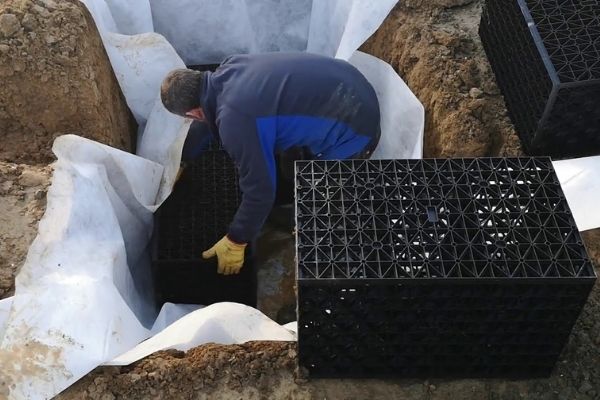
Filtering Debris From Drains
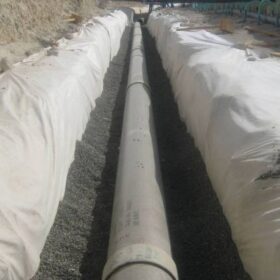
Horse Arenas
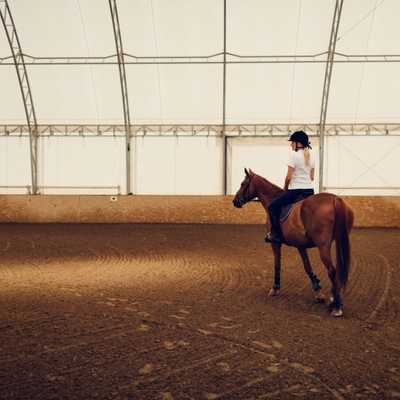
Separating Types of Aggregates
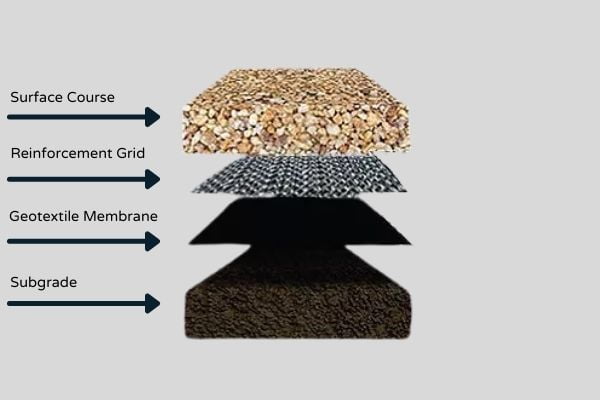
Protecting Against Erosion
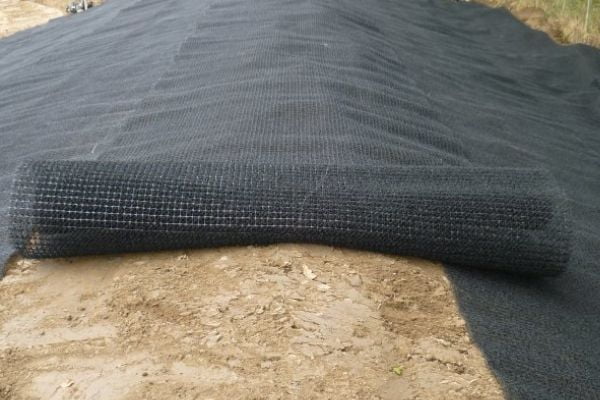
Weed Membranes
Reinforcement in Construction, Drainage and Engineering Projects
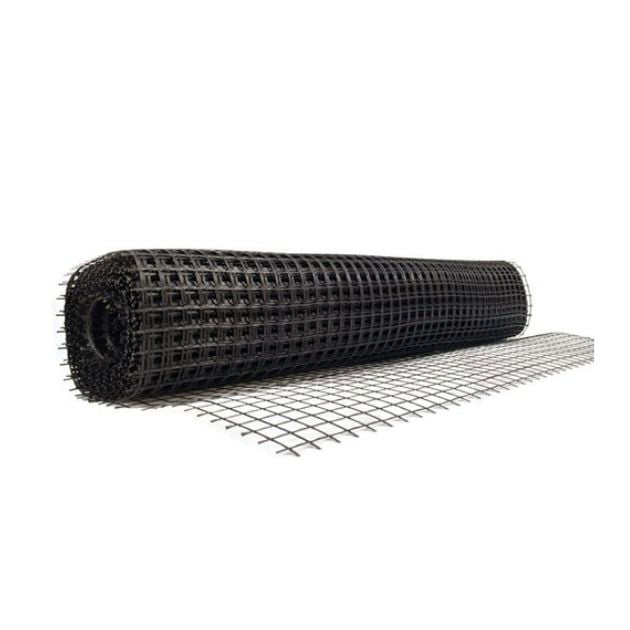
Types of Geotextile Membrane
Permeable Geotextile Membranes
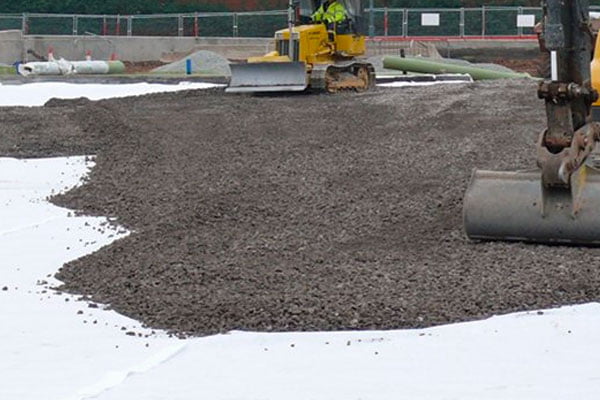
Impermeable Geotextile Membranes
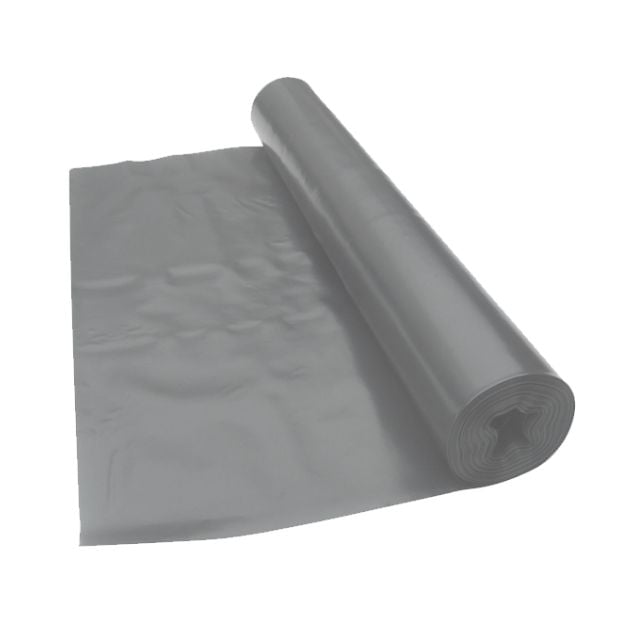
How To Install A Geotextile Membrane
Nathan Wilde
Shop Geotextile Membranes:
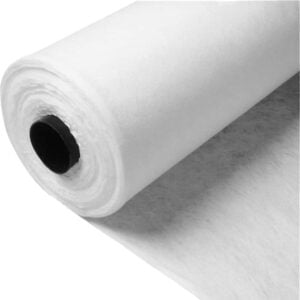
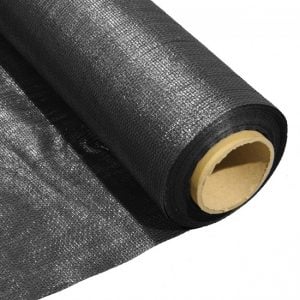
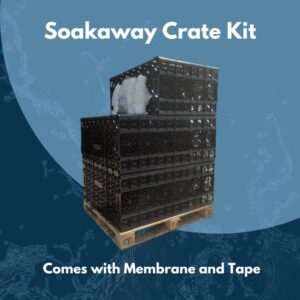
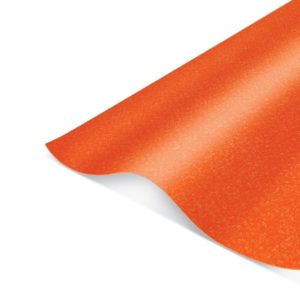
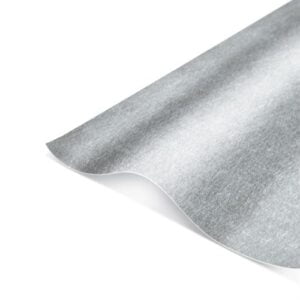
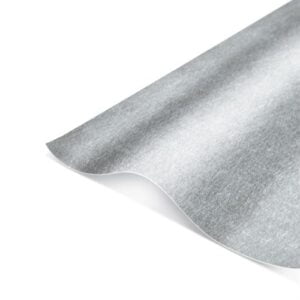
Sale!
(82)
From £15.54 Excl. VAT
Select options
Sale!
(12)
From £17.89 Excl. VAT
Select options
(28)
From £228.03 Excl. VAT
Select options
(1)
From £41.59 Excl. VAT
Select options
(1)
From £59.94 Excl. VAT
Select options
(1)
From £107.00 Excl. VAT
Handrail And Balustrading Other Accessories